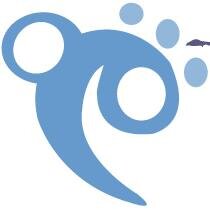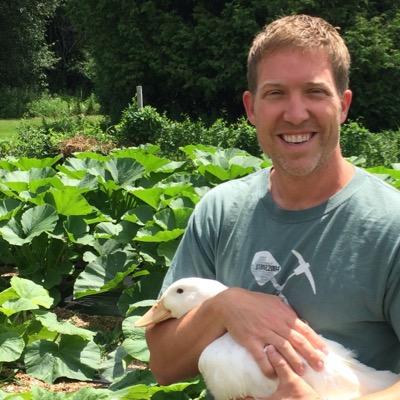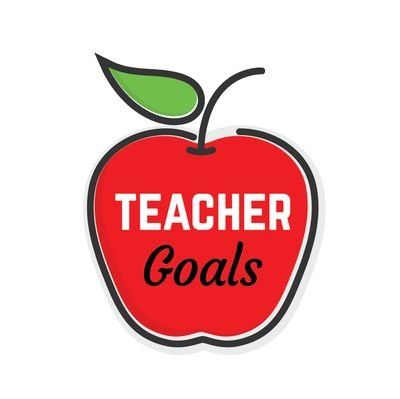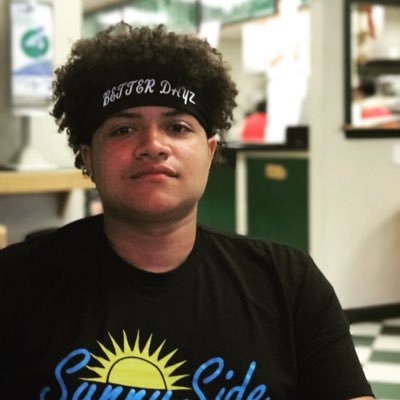
Nina Parrish
@parrishlearning
🌞Author of The Independent Learner | Founder and Chief Academic Officer of Parrish Learning Zone | Mom | Teacher | Writer | Speaker🌞
You might like
Teachers: Want to know if your lesson actually worked? Try a quick sticky note vote or exit card to see what students really understood. It’s fast, powerful, and helps guide what to teach next. More tips in The Independent Learner: ninaparrish.com/#the-independe…
Learning sticks when we space it out. Let students forget a little, then recall it—just like taking the same route until it feels automatic. That’s the power of retrieval practice. More tips in The Independent Learner: ninaparrish.com/#the-independe…
Blocked practice feels easier, but it can give students false confidence. Interleaved practice challenges them more—and helps them retain info longer. Mix it up for better results. More tips: ninaparrish.com/#the-independe…
Forget learning styles—they’ve been debunked. If you want students to retain more, vary your teaching style based on content. Desirable difficulty makes learning stick. Learn more: ninaparrish.com/#the-independe…
If students forget what you teach, the lesson may be too easy or too hard. The Goldilocks Rule says real learning happens when challenge is “just right.” Add desirable difficulty. More tips here: ninaparrish.com/#the-independe…
3 feedback questions every student needs: 1. Where are you going? 2. How are you doing? 3. What should you try next? Turn feedback into a conversation, not a correction. More tips in The Independent Learner: ninaparrish.com/#the-independe…
“Great job, you’re so smart” is praise—not feedback. Real feedback sounds like: “You tried different strategies until one worked.” That’s what builds persistence and motivation.
Instead of giving feedback after a project is done, try giving it during the process. It’s a small shift that’s made a big impact in my classroom. More tips in my book: ninaparrish.com/#the-independe…
Childhood trauma delays key skills, making some behaviors seem like misbehavior when they’re really struggles. Being trauma-sensitive means teaching missing skills, not just disciplining. Real change comes from relationships, not punishments. Watch here: youtube.com/watch?v=3soCzx…
Discipline should be about teaching skills, not just managing behavior. Research shows rewards create short-term compliance but reduce internal motivation. Instead of focusing on consequences, we should help students build real skills. Full video: youtube.com/watch?v=3soCzx…
It is an important reminder for parents and teachers of our potential to impact the lives of young people: "Speak life, speak love, speak bravery, kindness, and hope. Speak wisdom and truth. Most of all, listen to your children." youtube.com/watch?v=SXk2Cy…

youtube.com
YouTube
Dez Bryant emotional reading a quote he reminds himself to be better...
Flexible thinking helps students adapt, problem-solve, and adjust strategies based on the situation. It allows them to “wing it,” handle changes, integrate new info, and reflect on their thinking to choose the best approach. #GrowthMindset #ExecutiveFunction

Social thinking skills help students navigate interactions by understanding how their behavior impacts others, responding to feedback appropriately, and practicing empathy and perspective-taking. These skills build stronger connections and social awareness. #SocialThinking

Emotion and self-regulation skills help students manage impulses, but these skills must be taught. Consequences only work if students can already control impulses and think ahead. Discipline should focus on teaching the right behaviors, not just enforcing rules.

Attention and working memory skills allow a student to focus on something that is not that interesting to them, shift attention when needed, and hold multiple pieces of information in their mind while problem solving.

Language and communication skills allow a student to express what they need using words instead of using behavior like yelling, biting, kicking, or hitting.

Many students lack emotional regulation skills, but these can be taught. Executive functions develop into early adulthood. Teaching students to manage attention, emotions, and distractions boosts success. These are skill gaps—not will issues—so they need teaching, not punishment.

Struggling students are often highly motivated—they just lack the skills to improve. If they knew how, they would. This is where a great teacher comes in. By identifying skill gaps and using their expertise, they can create a plan to help students succeed.

Instead of judging a lack of willpower or motivation, we can switch to a position of collaboration where we think about how to problem-solve. Which skills are students missing, and how can we help them build those skills?

United States Trends
- 1. Veterans Day 118K posts
- 2. Mainz Biomed N/A
- 3. #csm220 N/A
- 4. United States Armed Forces N/A
- 5. Good Tuesday 33.5K posts
- 6. Vets 14.9K posts
- 7. #tuesdayvibe 2,048 posts
- 8. #MYNZ 1,110 posts
- 9. SoftBank 9,687 posts
- 10. Armistice Day 13.9K posts
- 11. Wike 19.2K posts
- 12. #Gratitude 1,730 posts
- 13. #Talus_Labs N/A
- 14. Nasdaq 36.1K posts
- 15. Taco Tuesday 12.3K posts
- 16. Antifa 124K posts
- 17. Bond 62.9K posts
- 18. Fritz 7,667 posts
- 19. 600k Chinese 6,670 posts
- 20. NextNRG Inc N/A
Something went wrong.
Something went wrong.


































































































































